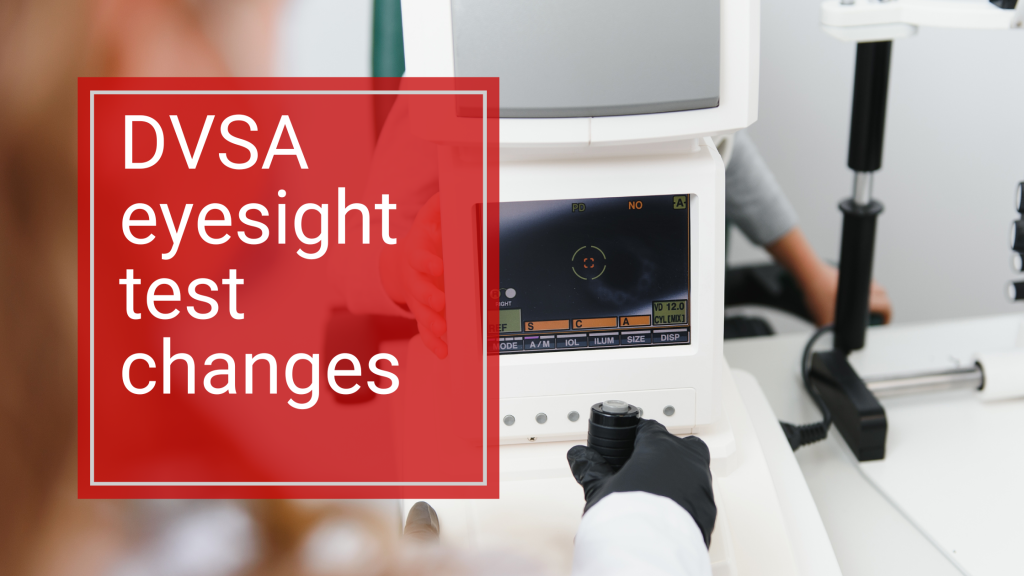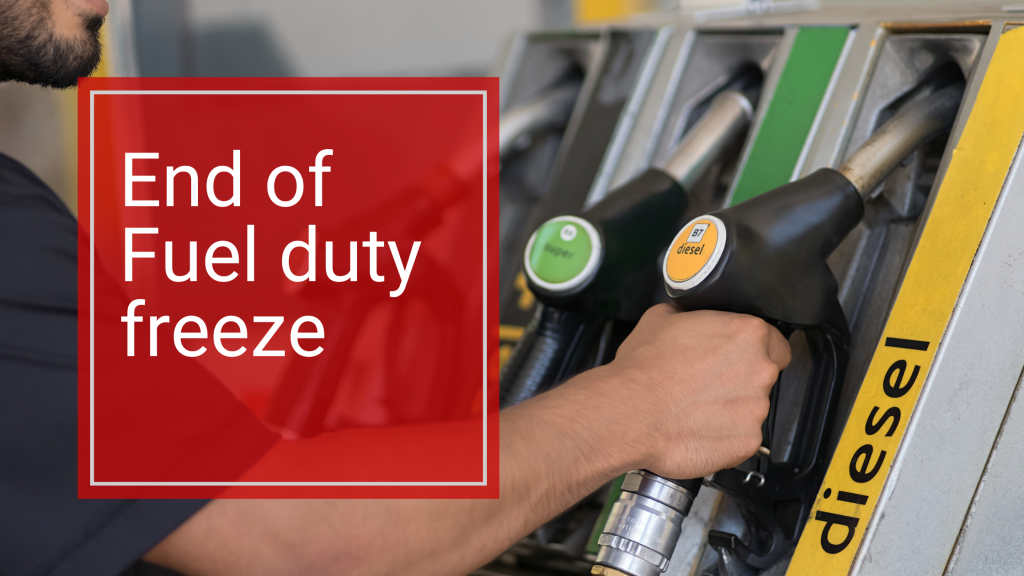Get ready to rev up your engines and dive into the latest updates shaking up the automotive world! There’s plenty of buzz on the road ahead, from electric vehicle mandates to safety regulations for heavy goods vehicles and the potential thawing of fuel duty freezes. But what are the key developments driving change in the automotive industry as we roll into 2024? Buckle up because it’s going to be an exhilarating ride!

UK car manufacturers are pressured to boost sales of electric cars and vans in 2024 or risk fines.
Starting on the 1st of January 2024, UK automakers are under the spotlight to step up their game in the electric vehicle (EV) arena. According to the Zero Emission Vehicle (ZEV) mandate, car manufacturers must ensure that a minimum of 22% of their car sales and 10% of van sales are fully electric. This initiative aims to curb emissions by boosting the adoption of EVs.
The government has ambitious plans to ramp up these percentages over time. By 2030, they’re aiming for a whopping 80% of cars sold to be electric, with the ultimate goal of having all cars sold in the UK emitting zero emissions by 2035, aligning with the diesel and petrol car sales ban set for 2023.
There’s a hefty price for those falling short of the mark of the new driving laws 2024. Manufacturers failing to meet the targets face fines of £15,000 per car and £9,000 per van below the specified threshold. To avoid these penalties, expect automakers to diversify their electric vehicle offerings, enticing buyers with a broader range of options and potentially juicier deals in the new year. It’s a race to the finish line, and electric is the way forward!

DVSA eyesight test changes
The DVSA is considering updates to the eyesight test as part of its 2024 plan. Passing the test involves reading a number plate from 20 meters away. However, this method may change in the future. The DVSA is seeking input from a Medical Panel and drivers and experts to explore more effective ways to conduct the test. They aim to introduce a more flexible testing procedure that assesses eyesight under various lighting conditions.

HGV rules
Starting October 28, 2024, heavy goods vehicles (HGVs) face new safety regulations in London to enhance road safety. Transport for London (TfL) is implementing a Direct Vision Standard (DVS) and safety permit scheme, requiring HGVs to obtain a safety permit before accessing most areas of Greater London.
Under the DVS, vehicles are rated based on how much visibility the driver has of the road and surroundings through their cab windows, ensuring the safety of other road users. From the specified date, all lorries weighing over 12 tonnes must either have a three-star rating or install a progressive Safe System to comply with the regulations and continue operating in Greater London. Failure to meet these requirements may result in drivers receiving Penalty Charge Notices (PCNs).
Additionally, HGVs must obtain a safety permit before entering or using areas covered by the scheme. The permit application is free of charge. For more information on the areas covered by the HGV safety permit scheme, visit the TfL website.
 Fuel duty freeze predicted to end in March 2024
Fuel duty freeze predicted to end in March 2024
The freeze on fuel duty, in effect since January 2011 to shield against inflationary increases, may end in March 2024. The basic rate for diesel and petrol has remained at 52.95 pence per litre (ppl), including a five ppl reduction granted by the government until the conclusion of March 2024, aimed at alleviating the cost of living pressures.
In the Spring Budget 2024, further details regarding the government’s intentions regarding the fuel duty freeze and the 5 ppl reduction will be unveiled.
As we conclude our journey through the twists and turns of 2024, one thing is abundantly clear: change is in the air, and the road ahead is paved with innovation and adaptation. From the push towards electric mobility to enhanced safety measures and potential shifts in fuel duty policies, the automotive industry is evolving rapidly.
As drivers, consumers, and enthusiasts, let’s embrace these changes, navigate the challenges, and steer towards a future where efficiency, sustainability, and safety drive us towards new horizons.



